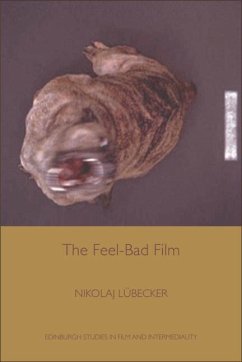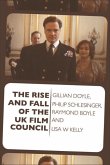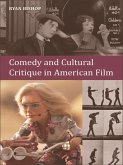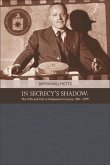In recent years some of the best-known European and American art film directors have made films that place the spectator in a position of intense discomfort: Feel-Bad Films. These films systematically manipulate the spectator: sometimes by withholding information from her, sometimes by shocking her, and sometimes by seducing her in order to further disturb her. As a result, they have been criticized for being amoral, nihilistic, politically irresponsible and anti-humanistic.The Feel-Bad Film raises three questions to this body of work: How is the feel-bad experience created? What do the directors believe they can achieve in this manner? And how should the films be situated in intellectual history? Through close analysis of films by Lars von Trier, Gus Van Sant, Claire Denis, Michael Haneke, Lucille Hadzihalilovic, Brian de Palma, Bruno Dumont and Harmony Korine, the book argues that feel-bad directors invite the spectator to think of art as an experimental activity with ethical norms that are different from the ones we hope to find outside the movie theatre. Only when given the freedom to take advantage of this asymmetry can film realize its ethical potential.
Dieser Download kann aus rechtlichen Gründen nur mit Rechnungsadresse in A, B, BG, CY, CZ, D, DK, EW, E, FIN, F, GR, HR, H, IRL, I, LT, L, LR, M, NL, PL, P, R, S, SLO, SK ausgeliefert werden.
Hinweis: Dieser Artikel kann nur an eine deutsche Lieferadresse ausgeliefert werden.









